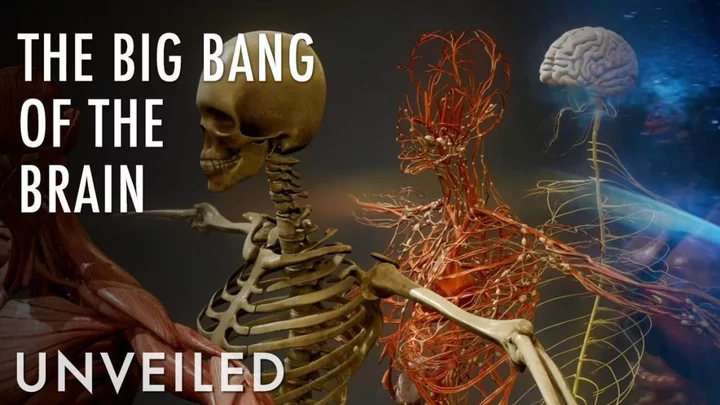The future of US aid for Ukraine hangs in the balance after a last-gasp deal to avoid a government shutdown, despite President Joe Biden's attempts to reassure Kyiv it will get what it needs to fight Russia.
Barely a week after President Volodymyr Zelensky was in Washington appealing for more funds, the compromise struck in Congress late Sunday dropped new funding for Ukraine amid opposition from hardline Republicans.
Biden and his Democratic party say America has a duty to help Ukraine stand up to Russian President Vladimir Putin's brutal invasion, warning that a failure to do so could embolden other autocrats in the future.
But the issue has become so politicized in Washington that the fate of vital military aid is now in jeopardy, just as Kyiv tries to make progress in its sluggish counteroffensive before winter sets in.
Biden urged Republican House Speaker Kevin McCarthy on Sunday to "stop the games" and said he "fully expects" him to secure passage of a separate bill for Ukraine funding soon.
"I want to assure our American allies, the American people and the people in Ukraine that you can count on our support. We will not walk away," Biden said in an address from the White House.
Ukraine played down the blow, saying Sunday it was "actively working with its American partners" to ensure new wartime aid.
- Moscow 'celebrating' -
Yet the wider signal to the world -- that not only Republicans but also some Democrats were willing to sacrifice Ukraine for politics -- is damaging, said analyst Brett Bruen.
"That ought to worry leaders in Kyiv, and I think in Moscow they're celebrating the signs that our support may be waning," Bruen, president of the Global Situation Room consultancy and a former US diplomat, told AFP.
Ukraine is already nervously eyeing the possibility of a return to the White House by Republican former president Donald Trump, who has previously praised Putin.
Top House Democrats said on Saturday that they expect McCarthy to bring a separate Ukraine aid bill for a vote next week, though it was unclear if it would be the $24 billion Biden originally sought.
But that could be more easily said than done.
Ukraine's fight for survival has become a political football just over a year from the US presidential election, with questions mounting over aid approved by Congress that totals $100 billion so far, including $43 billion in weaponry.
First, there is a bid to unseat McCarthy next week by hardline Republican Matt Gaetz, one of a core of hard-right members of the party implacably opposed to any more aid for Ukraine.
If he does survive, McCarthy made it clear on Sunday that he would hold out for funding to stop immigrants crossing the Mexican border, a key Republican demand.
"I'm going to make sure that the weapons are provided for Ukraine, but they're not going to get some big package if the border is not secure," McCarthy told CBS's "Face the Nation" on Sunday.
- War fatigue -
Even if McCarthy does agree on the Ukraine aid, possibly in a deal with Democrats to allow him to stay as speaker, there is a wider problem -- war fatigue.
Skepticism is spreading from the hardline Republicans to more moderate lawmakers who say they won't write Ukraine a "blank check."
More worryingly for Biden and Kyiv, inflation-hit American voters appear to have similar concerns about Ukraine.
An ABC/Washington Post poll released September 24 showed 41 percent of respondents saying the United States was doing too much to support Ukraine, up from 33 percent in February and just 14 percent in April 2022.
Making the problem even tougher is a Republican impeachment inquiry into Biden over his son Hunter's business deals in Ukraine.
The Biden administration's answer is simple -- if Russia is not stopped in Ukraine, the rest of the world could be at risk.
US Defense Secretary Lloyd Austin urged Congress to "live up to America’s commitment to provide urgently needed assistance to the people of Ukraine as they fight to defend their own country against the forces of tyranny."
Analyst Bruen added that even a temporary delay on Ukraine funding was a "big boost to the detractors."
"I think that, over the long term, is going to prove more problematic," he added.
dk-sct/bbk/mdl









